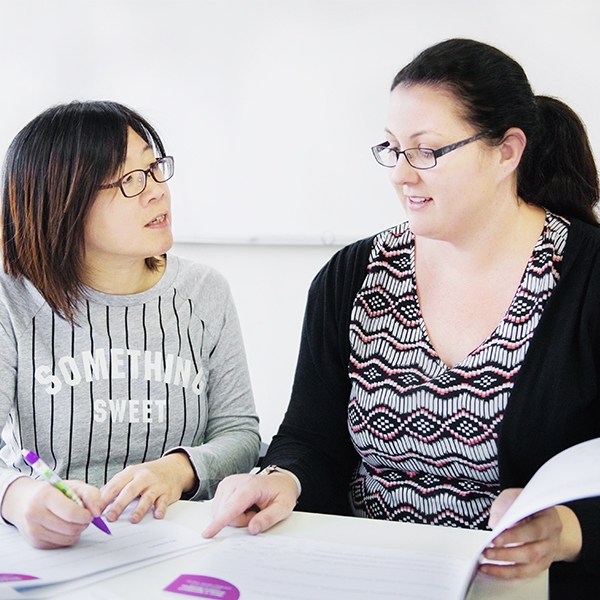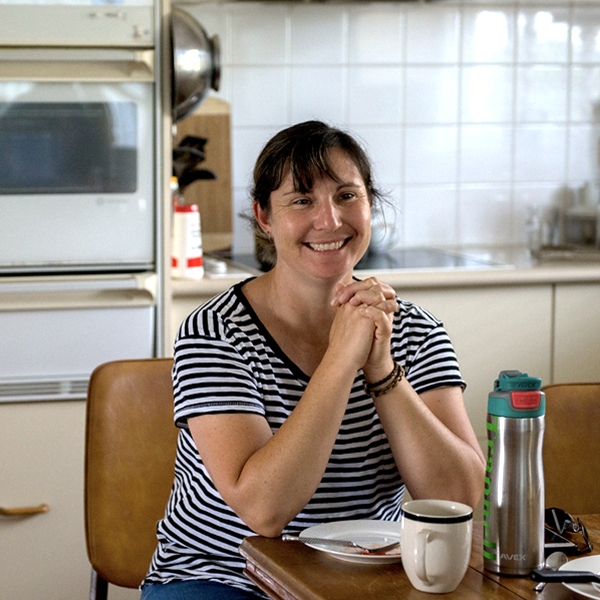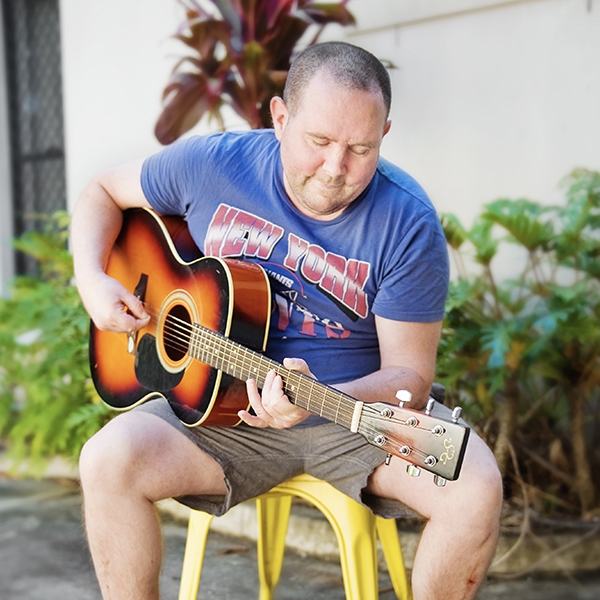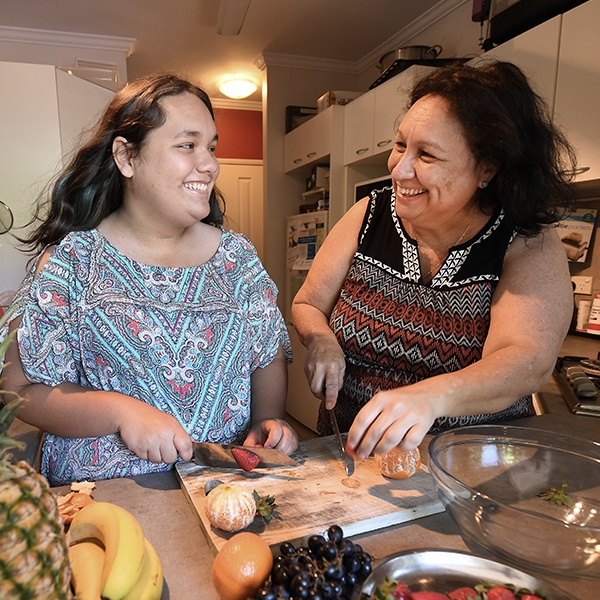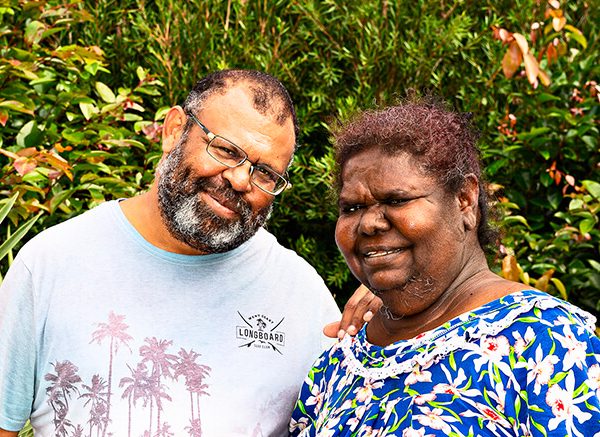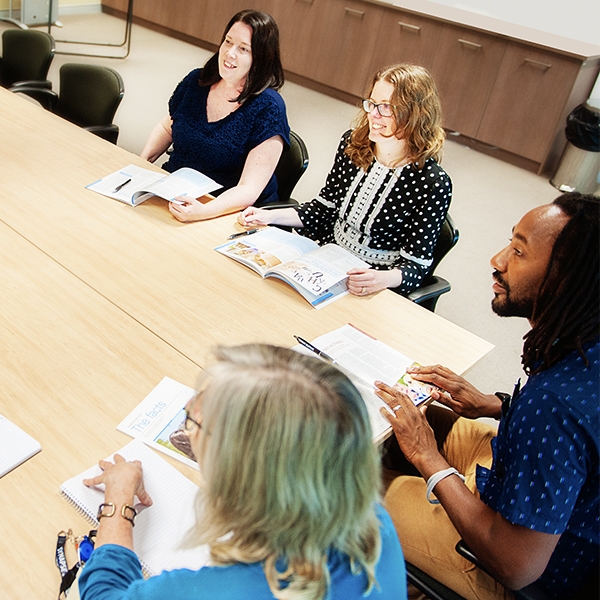Come Home, Come Heal, Come Rest
The Guddi Way Screen is a culturally appropriate screening process to identify brain injury and complex disability. Once a brain injury has been identified, it may enable a pathway to appropriate support via the NDIS. For some people, this may the first time in their lives that a brain injury has been identified and that they have the opportunity to receive support.
Read more